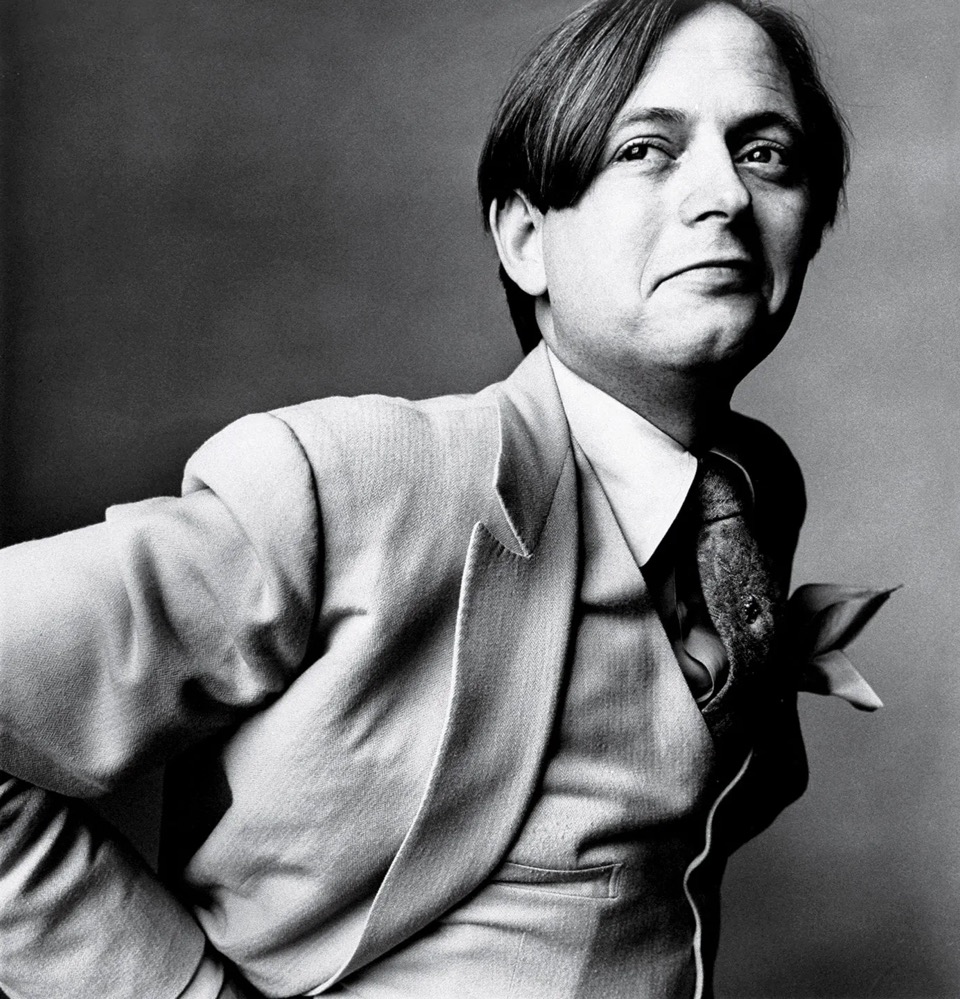
This past weekend was the Gotham Writers Nonfiction Conference. I just love a meeting of the minds, which this certainly was.
In the panel Tricky Topics, Jerald Walker said, “There’s a level of discomfort that you have to transcend if your work is going to be as valuable as you want it to be.” Melissa Petro followed with, “I first think: No one can ever know this. The second I hear myself articulate this, I know that is a story I must share.”
In the panel Platform Building, Elissa Bassist said, “When something is not fun and excruciating then it’s time to quit. And that took me 15 years of therapy to learn.”
The featured author Maggie Smith (the memoirist, not actress) who wrote a memoir about her divorce said, “I let go of the idea that I needed to be the good guy.”
Next up is our Children’s Books Conference, coming your way September 2024.
A few weeks ago, Gotham teacher Susan Breen and I attended the Emirates Festival of Literature in Dubai. Susan led a novel writing boot camp, and she’s as good on that side of the world as on this side.
I did two presentations: 7 Keys to Writing Excellence and The Writer’s Mind. (That’s me in the pic.) My 7 Keys were Awareness, Senses, Scenes, Selectivity, Run Free, Revise, and Stick to It. The Writer’s Mind—soon to be a Gotham course—shows you how to use your mind in surprising ways to make your writing deeper and richer and to make the process a bit easier.
Hey, I will be doing a free one-hour presentation on The Writer’s Mind at the P&T Knitwear bookstore in NYC, Saturday March 23, 2 pm ET. You can RSVP here, but there’s usually room if you just want to show up. I’d be thrilled to see some of you there.
Anyway, the Emirates Festival was quite the mind-blowing meeting of minds. At one point, I was having breakfast in the hotel hosting the event. Alone at my table, I was reading Magpie Murders by Anthony Horowitz, who was sitting a few tables away, and I was occasionally texting on my iPhone, which was co-created by Anthony Fadell, who was sitting a few tables away in another direction.
I let these two gentlemen have their breakfast in peace, but I did spend time watching presentations and chatting with various participants, such as Francis J. Kong, a thought leader in the business world, and the abstract artist Fatma Lootah. My mind was whirling much of the time.
So, yes, get out there and meet with other minds. Maybe even in a Gotham class, of which there are many coming up.

Alex Steele
Gotham President





